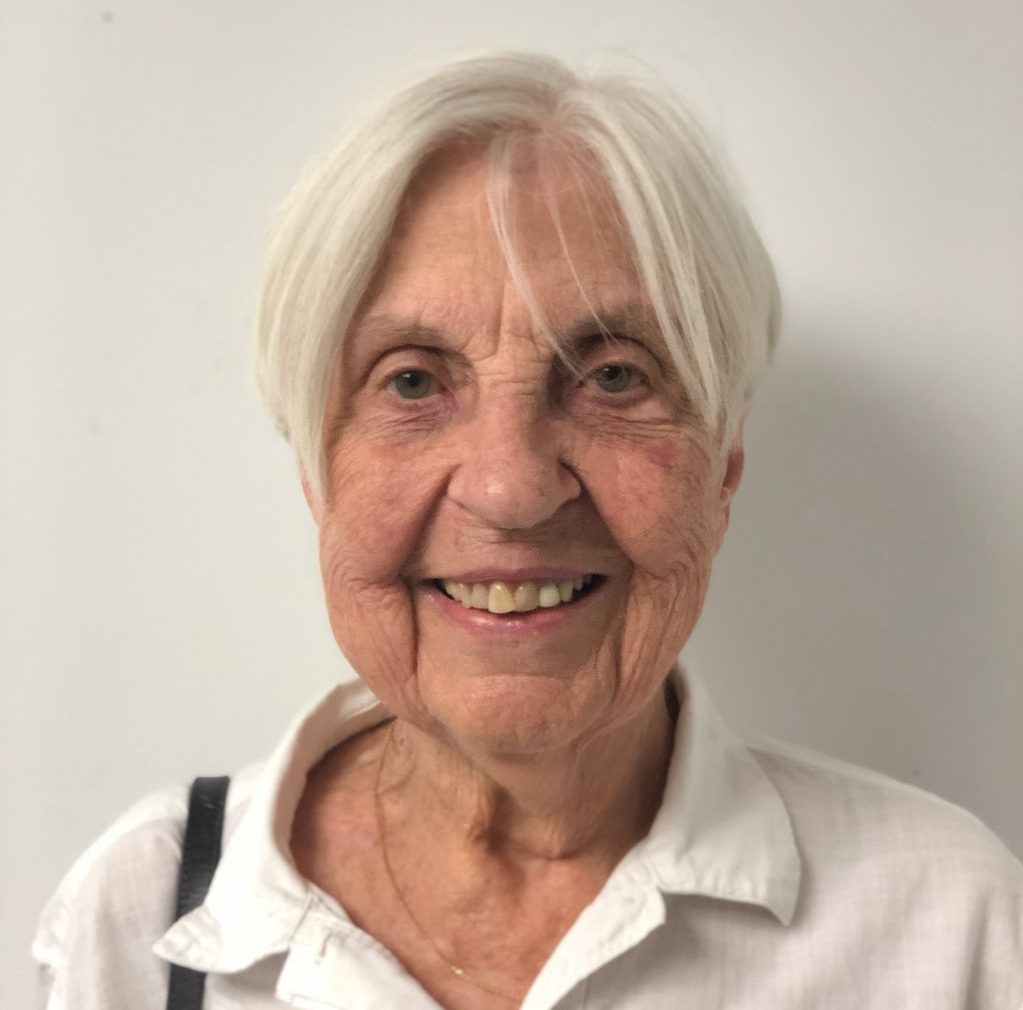Dolores Cooper wants to keep helping people. But the respite program in which she’s done that for 30 years has come to an end.
Cooper, 89, had no intention of retiring before being laid off.
“To me, it was fulfilling and rewarding,” she said. “I felt like I was making a difference in peoples’ lives.”
Cooper was coordinator of respite care for Senior Services, Inc., a nonprofit which also operates Meals on Wheels, four senior centers and other programs in Wichita. The respite program provided short-term relief for people who are the primary caregivers for seniors who need round-the-clock help.
Cooper went to work there shortly after its start in the late 1980s. She had been a housewife with seven children – six of them still at home – when her husband, Joe, died of a heart attack at age 57 in 1977.
Cooper, a widow at 47, started college about the same time as her twin daughters, Sandra and Sonya. “One went to KU and one went to WSU,” said Cooper, who attended the latter while working part-time. “We all graduated the same day.”
Cooper chose gerontology as her major because of her experience caring for her mother — “I just wanted to help older people.” She remembers her student days fondly, noting that older students were more of a rarity then and “I was about as nontraditional as you can get. They were so nice to me.” She interned at Senior Services during her last semester, which led to her being hired there.
At Senior Services, Cooper evaluated applications for respite care, assigned workers to provide it and made sure they received training beforehand. Many of the respite care providers were in their late 60s or early 70s “and could identify with the people they were serving.” Cooper worked 20 hours a week.
The program started with funding from the federal government and at one time employed a dozen part-time workers serving up to 80 clients a year. Eventually, United Way of the Plains became the funding source. The respite care workers gave primary caregivers three hours of relief a week. Initially free to those who qualified, Senior Services began charging recipients $10 an hour. The program dwindled to about 20 to 30 clients served by three respite workers and Cooper.
Recently, United Way notified Senior Services that it would no longer fund the program, citing a drop in the number of people being served and the ability of private providers to do the job more cheaply.
Neither Cooper nor Laurel Alkire, executive director of Senior Services, criticized the move by United Way, although both said the program was valuable.
“I felt that we were helping people and I was sorry to see it shut down,” Cooper said.
Cooper admits she feels at a loss. She has applied for unemployment benefits, prepared a resume to look for a paying job and plans to volunteer in the meantime. Four of her children and 12 grandchildren live here but she’s not ready to play grandma full-time or find hobbies to fill her days yet.
“I guess I’m different,” she said. “I really don’t have that many interests. I would rather put my time to good use.”









